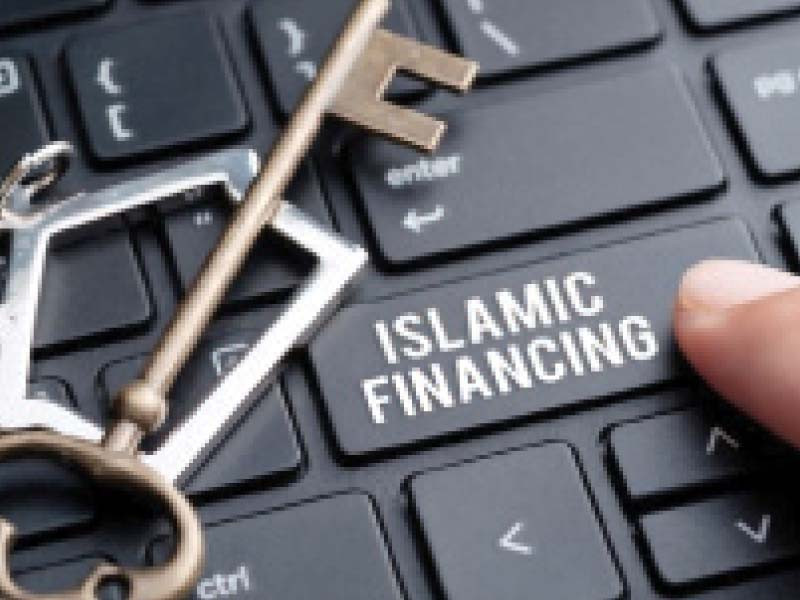
LONDON: Islamic finance is underpinned by ethical and socially responsible business practices that vouch for fairness and transparency in business transactions and equity while taking care of the underprivileged.
Mainly, in the Islamic finance industry, Islamic banks channel their resources and support business in a market segment that is expected to grow to $2.5 trillion.
The devices through which these broader aims are managed are known as Shariah guidelines.
Shariah boards usually approve the Shariah-compliant business and financial products: the second tier of governance in Islamic banking whose role is to show that bank operations and products comply with the Islamic legal injunctions.
These boards comprise Shariah scholars, who act as experts in Islamic jurisprudence. Their role has been at the forefront of the expansion of this sector, but it has also created several headlines that scandalize their work.
The rewards for those religious scholars, who sit on Shariah boards of Islamic financial institutions, are substantial and economically large.
These rewards and the limited number of scholars on Shariah boards create several corporate governance issues for both the scholars and the functioning and integrity of the Islamic finance industry.
These include 1) conflict of interest: how they balance between their obligation to Allah and private benefit seeking 2) moral hazard: how earnestly they engage in ensuring Shariah compliance when they create networks among their ilk and/or other corporate elite and 3) adverse selection problems where the compliance with Shariah rules is compromised.






